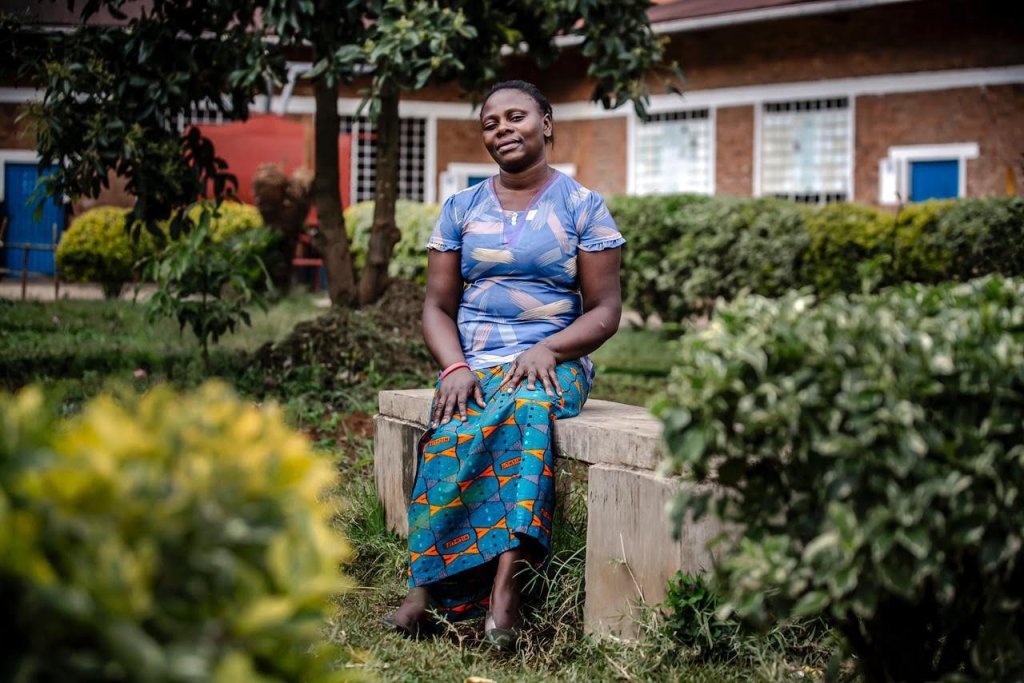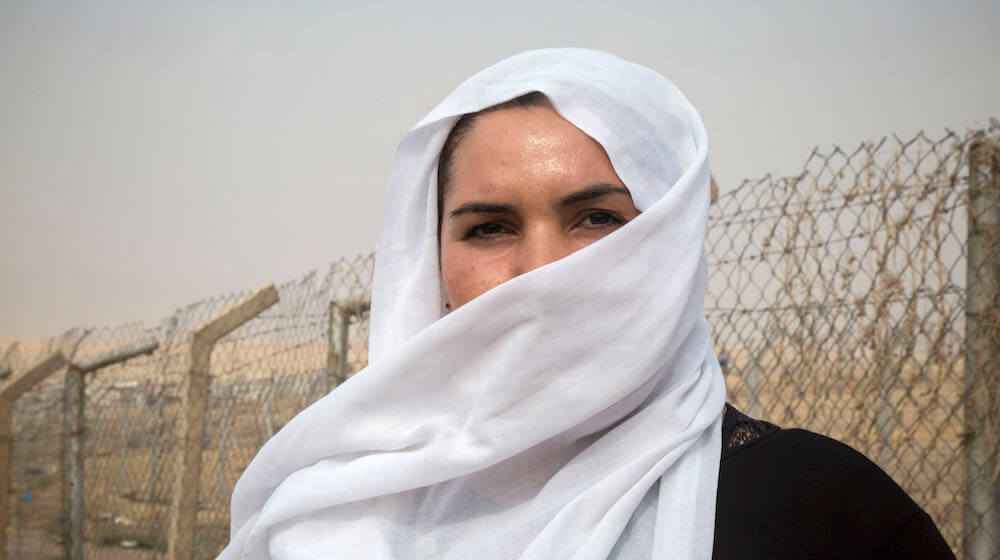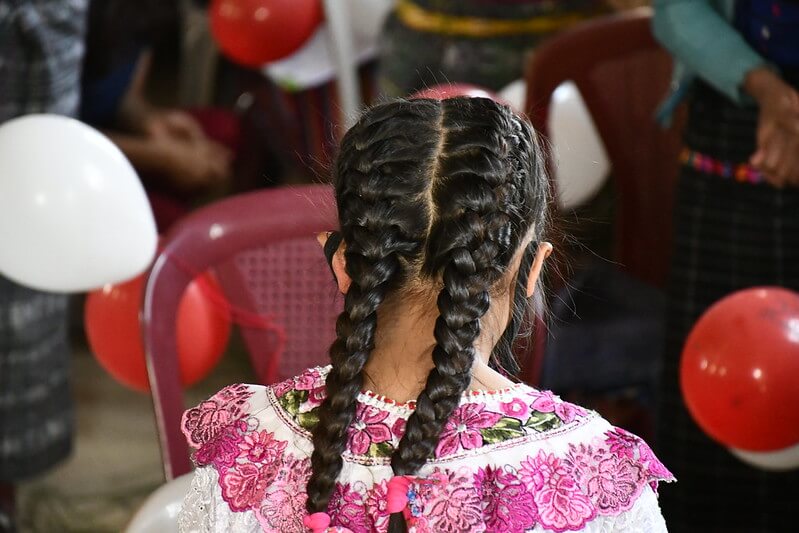ENDING VIOLENCE AGAINST WOMEN
Enter the amount you wish to give
1 in 3 women have survived physical or sexual violence.
Violence against women and girls is a universal issue, but each experience of violence strips away a woman’s right to safety, dignity, autonomy, and respect. Violence can take on many shapes, including physical, sexual emotional, psychological, and economic abuse, as well as, harmful practices like child marriage and female genital mutilation (FGM). And, it can happen to any woman or girl, anywhere, regardless of her race, ethnicity, class, age, religion, sexuality, or other identity.
For too many girls, their childhoods were marred by violence. Today, 1 in 5 women alive were forced into marriage as a child and, each year, 3 million girls are at risk for female genital mutilation–a dangerous human rights abuse. The consequences of these harmful practices follow girls their entire lives and leave girls at risk of early pregnancy, physical and emotional abuse, recurring infections, psychological distress, and even death. Early pregnancy is especially dangerous as pregnancy and childbirth complications are the leading cause of death for teenage girls worldwide.
Survivors of violence can suffer sexual and reproductive health consequences, including unintended pregnancies, unsafe abortions, traumatic fistula, sexually transmitted infections including HIV, and even death. And all too often violence is tolerated or carried out by the people a woman loves and trusts most: her partner or her family. Every 11 minutes a woman or girl is killed by a loved one.
But, despite the pervasive and damaging issue of violence against women and girls, it is often tolerated and perpetuated by those in power. At the community level, violence against women and girls is the result of systems of power that have privileged the voices and experiences of men and boys over women and girls. At the individual level, this means survivors may feel like they are unable to report violence out of fear of punishment or fear that their concerns will not be taken seriously. We work to address violence against women and girls at the individual, community, and national levels.
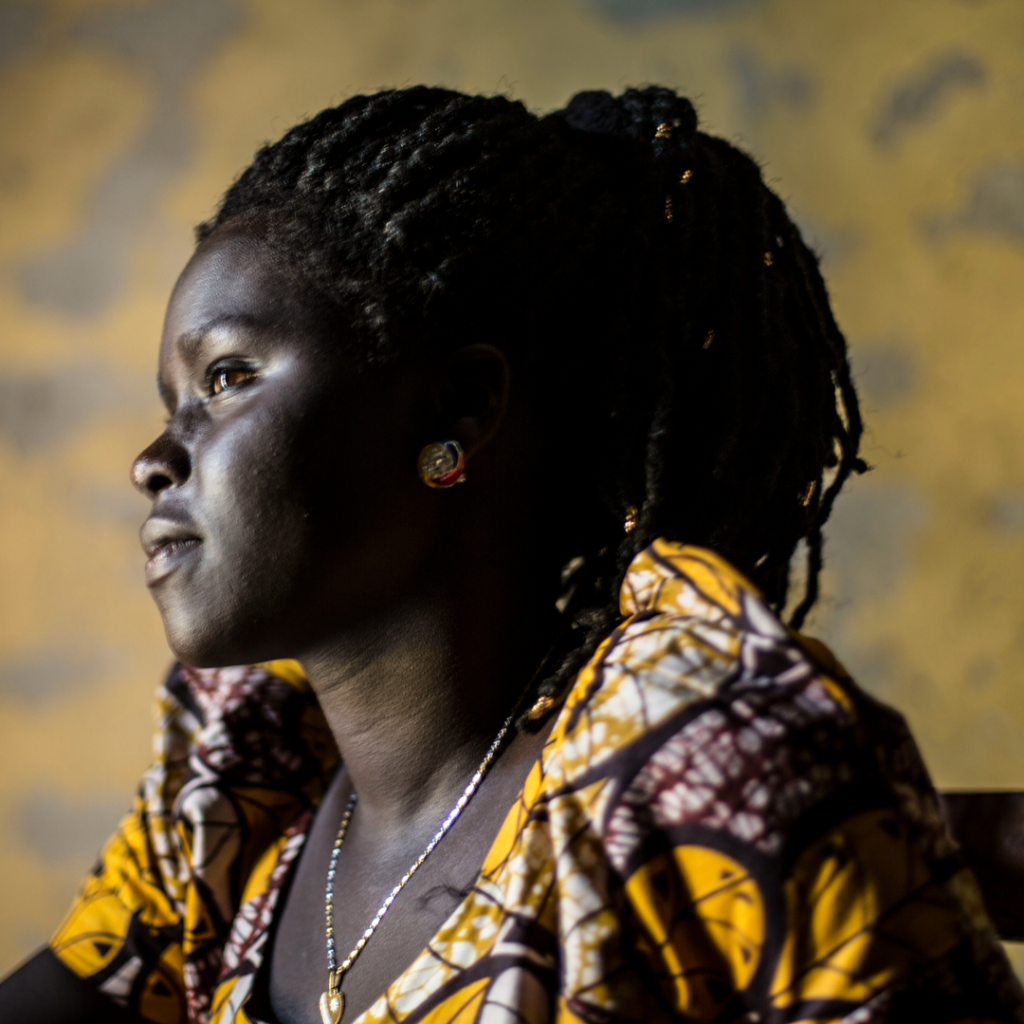
Our Work to End Violence Against Women and Girls
-
Supporting survivors of violence with clinical treatment for rape, legal aid, mental health counseling, and safe spaces, so they can get the care they need to heal and rebuild their lives.
-
Working with communities to raise awareness about women’s rights, including by engaging religious leaders, community elders, and men and boys.
-
Advocating for governments to adopt policies that safeguard women’s health and rights and further gender equality.
Our Impact in 2023
4.2 M
WOMEN & GIRLS
reached with protection from and response to gender-based violence
162,000
GIRLS
protected from female genital mutilation
1,690
SAFE SPACES
for women and girls supported
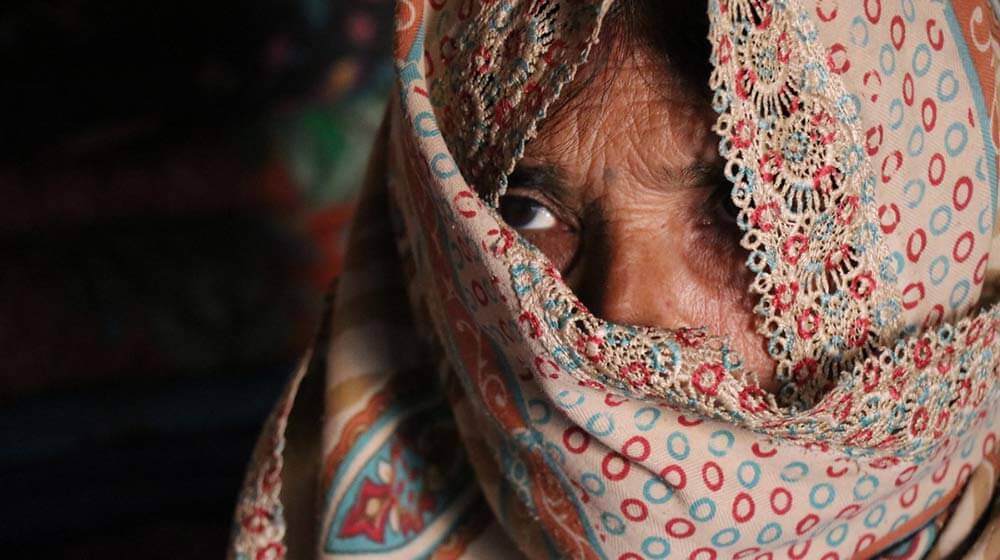
JOIN US TO KEEP WOMEN AND GIRLS SAFE FROM HARM
No woman or girl should live in fear. Your support will go toward initiatives that reach survivors of violence with care and that work with communities to advocate for women and girls’ rights, health, and safety.
